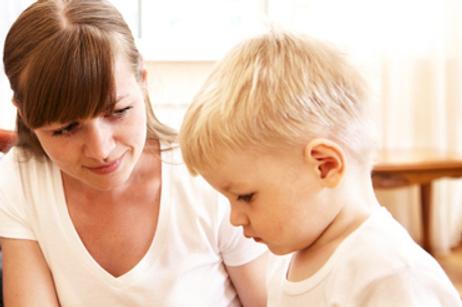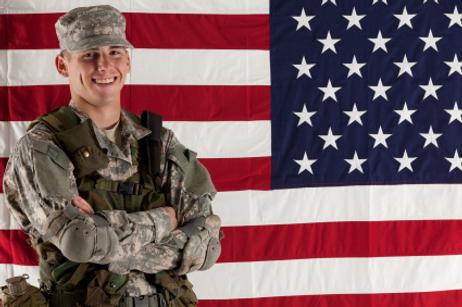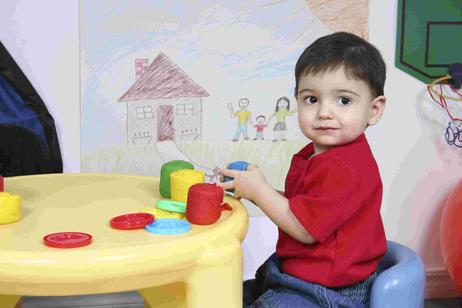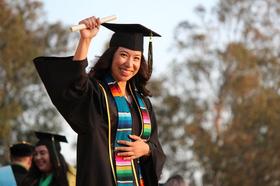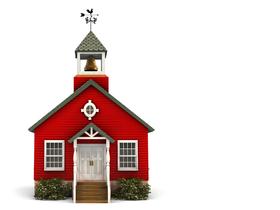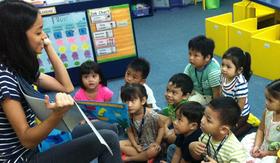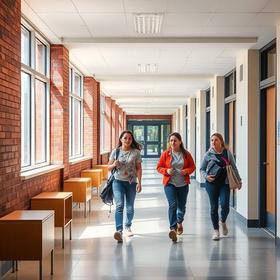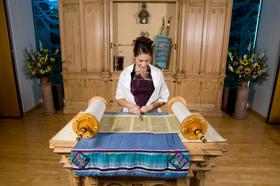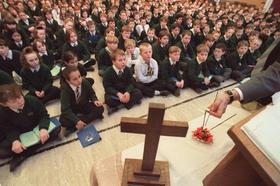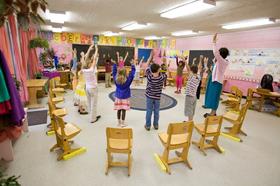I thought it might be instructive to gather a dozen or so girls' schools' public thoughts about themselves and their missions. The words which I have quoted can be found on each school's web site. Hopefully, if you are thinking about sending your daughter to an all girls' school, you will be inspired to explore the opportunities available to you in these fine educational environments committed to educating your daughters to be all they can be.
From Nightingale-Bamford School, New York, New York
"Founded by two bold, visionary entrepreneurs in the same year that women won the right to vote, the Nightingale-Bamford School has helped generations of girls to become strong, independent, confident women. We offer a rigorous, college-preparatory education from Kindergarten through grade 12 in a caring and attentive school community."
"Over the 90 years since our school was founded, we have graduated almost 3,000 alumnae, expanded our building four times, and adopted new disciplines and means of teaching. But throughout it all, we've retained the same guiding principles that Miss Nightingale and Miss Bamford instilled in those first students: truth, friendship, and loyalty."
The Nightingale-Bamford School offers grades K-12. The school serves approximately 570 young ladies.
From Saint Mary's School, Raleigh, North Carolina
"Saint Mary’s School has developed curriculum and employed strategies that capitalize on the strengths of girls on


